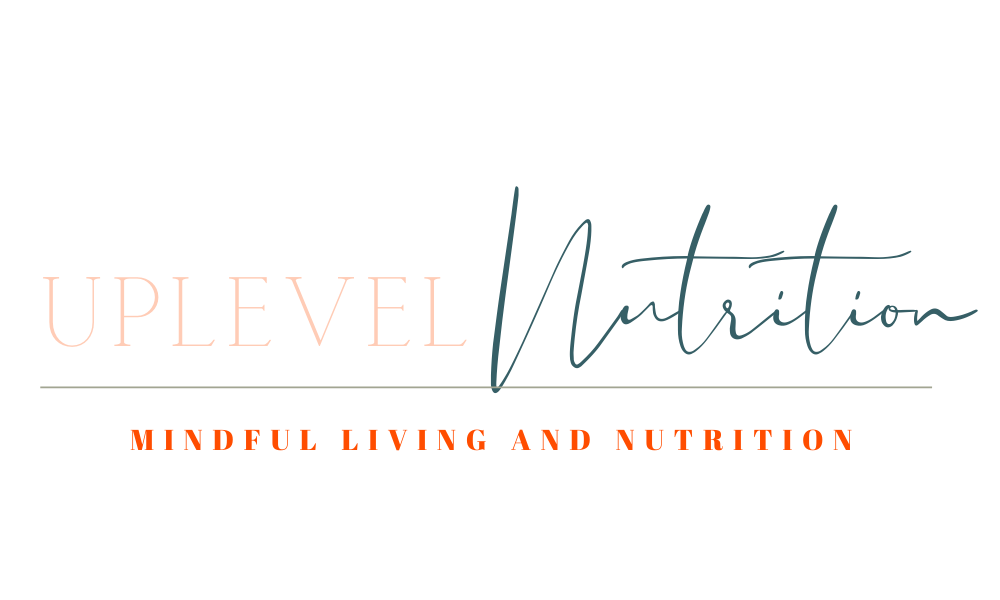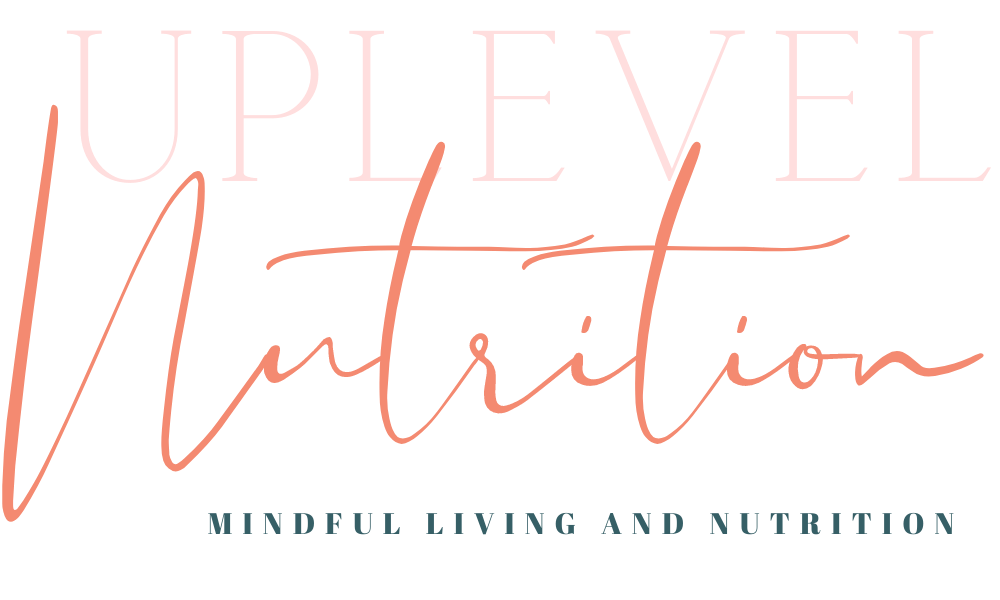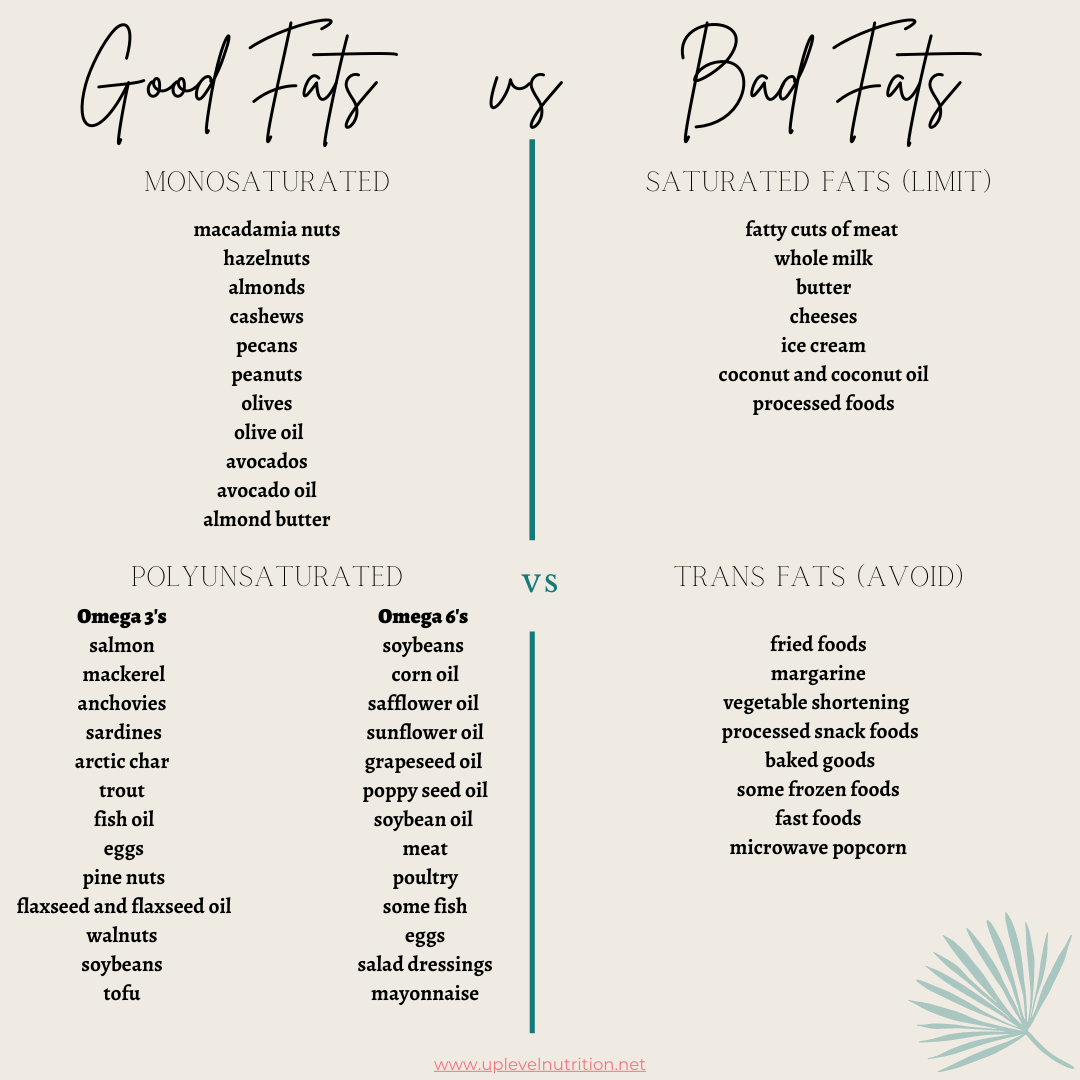Does Fat Make You Fat?
*Important* – I am not a doctor or Registered Dietician! The information I’m sharing with you is meant to be a starting point for your own research and does NOT replace important information from your doctor or dietician. Always consult your doctor before making any major dietary changes.
I have got some really great news for you. Fat does not make you fat!! Carbs and sugar are what make you fat. There are different types of fat, which we will go over, some are good, some are bad, but your body needs fats in order to support brain function, cell function, and vitamin absorption. Carbs and sugars that are not immediately used for fuel are broken down and stored as fat for later use. This is why you see weight gain or “fat gain” when you eat that big pasta dish and down a bunch of bread!
Without fat in your diet, your body cannot absorb important vitamins that are only fat-soluble such as vitamins A, E, D, and K. Healthy fats give you energy, fill you up, give you fuel for your brain, and help your cell walls become permeable and flexible. Your brain is made up of 60% fat, half of which is DHA (which you can get from fish, omega 3 supplements, grass fed meat and dairy, and pasture raised eggs.)
Now, there are good sources of fats and bad sources of fats. The bad sources of fats, raise your cholesterol, clog up your arteries, cause inflammation, and may increase your risk for heart disease, cancer, obesity, and diabetes. Good sources of fats actually do the opposite. They reduce inflammation, clean out your blood, they help keep your bowels regular, give you energy, etc. There are 4 types of fats that you need to know about, two are bad and two are good. We will start with the bad:
1) Saturated fat. This started to get a bad rap, and became popular in the media in the 1990’s when all of the “fat free” and “low-fat” diets and foods were marketed to the public. Most saturated fats are found in meat and dairy products such as fatty cuts of beef, pork, lamb, and poultry, whole milk, butter, cheeses, ice cream, coconut and coconut oil, and processed foods. Eating too much of these fats will raise your LDL (bad cholesterol levels) and increase your chances of chronic illness. Dietary guidelines say that only 10% of calories from each day should be saturated fat.
2) Trans Fat. This is the worst type of fat and will not only raise your cholesterol, but cause inflammation throughout your body. These fats are created through a process called hydrogenation which allow them to become more stable and have longer shelf life. These are commonly used in restaurants for frying, baking, and creating certain dishes. People who eat a lot of trans fat are usually very large around their midsection and at the highest risk for chronic diseases such as cancer, heart disease, diabetes, and dementia. In fact, chronic inflammation has been linked to almost all chronic diseases, so if you notice that you are larger around the midsection than anywhere else, you need to begin watching out for trans fats in your diet! These foods are fried foods, margarine, vegetable shortening or foods cooked with them, processed snack foods, baked goods, some frozen foods, and fast foods.
3) Monosaturated fats. These fats can improve cholesterol levels and are anti-inflammatory. These are your good fats! They include nuts (macadamia, almonds, cashews, pecans), olives, olive oil, avocados, avocado oil, almond butter.
4) Polyunsaturated fat. Plant based foods and oils are the primary source of this fat, and include Omega 3 and Omega 6 fatty acids, which are beneficial to your heart and brain health. However, you need to have a higher ratio of Omega 3’s than Omega 6’s, because Omega 6’s can be inflammatory if not eaten in moderation!
Omega 3’s are found in fatty fish like salmon, mackerel, anchovies, sardines, arctic char, trout, shrimp, (fish accumulate these omega 3 fatty acids by eating algae and plankton, so some fish are higher in them than others, and “wild caught” is better than “farmed”) eggs, pine nuts, sunflower seeds, flaxseed and flaxseed oil, walnuts, soybeans, and tofu.
Omega 6’s are found in soybeans, corn, safflower, sunflower, grapeseed, poppy seed, and soybean oils, meat, poultry, some fish, and eggs. Also, oil-based condiments such as salad dressings and mayonnaise are high in Omega 6’s.
Help me to raise awareness around fats and their benefits, by saving this list to your Pinterest and social media! Tag me @uplevelnutrition on Insta if you want to see more informative posts like this!


